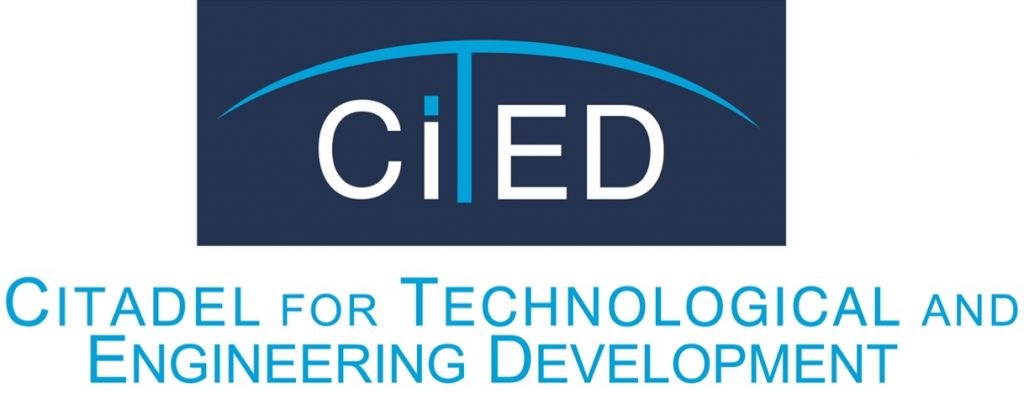This 3-day intensive training program provides a comprehensive overview of pneumatic and hydraulic systems, emphasizing hands-on learning and practical application.

Pneumatic and Hydraulic Systems Maintenance
Course Introduction
Overview: This 3-day intensive training program is designed to equip participants with the essential knowledge and skills to maintain, troubleshoot, and repair pneumatic and hydraulic systems. The course will cover a wide range of topics, from basic system components to advanced troubleshooting techniques. Through a combination of theoretical lectures, interactive discussions, and hands-on workshops, participants will gain practical experience in working with pneumatic and hydraulic systems.
Key Focus Areas:
- Pneumatic and Hydraulic System Components
- System Operation and Control
- Troubleshooting and Fault Diagnosis
- Preventive Maintenance
- Safety Practices
Target Audience:
This course is ideal for maintenance technicians, engineers, and other professionals working in industries that utilize pneumatic and hydraulic systems, such as manufacturing, automotive, construction, and aerospace.
About the Course:
The course will delve into the fundamental principles of pneumatic and hydraulic systems, including fluid power, pressure, flow, and energy transfer. Participants will learn to identify and understand the components of pneumatic and hydraulic systems, such as pumps, valves, cylinders, and actuators. They will also gain practical experience in assembling, disassembling, and testing these components.
Course Objectives:
Upon completion of this course, participants will be able to:
- Understand the basic principles of fluid power and its applications in pneumatic and hydraulic systems.
- Identify and troubleshoot common problems in pneumatic and hydraulic systems.
- Perform preventive maintenance tasks to ensure optimal system performance.
- Safely operate and maintain pneumatic and hydraulic equipment.
- Apply advanced troubleshooting techniques to diagnose complex system failures.
Course Outline
Day 1: Fundamentals of Pneumatic and Hydraulic Systems
- Morning Session:
- Introduction to fluid power
- Basic components of pneumatic and hydraulic systems (pumps, valves, cylinders, actuators)
- System operation and control principles
- Afternoon Session:
- Hands-on exercise: Assembling and disassembling basic pneumatic and hydraulic circuits
- Troubleshooting common system issues
Day 2: Advanced Troubleshooting and Maintenance
- Morning Session:
- Advanced troubleshooting techniques for pneumatic and hydraulic systems
- Fault diagnosis and repair strategies
- Safety considerations in maintenance and repair
- Afternoon Session:
- Case study: Analyzing complex system failures and developing repair plans
- Hands-on exercise: Troubleshooting a simulated system malfunction
Day 3: Preventive Maintenance and System Optimization
- Morning Session:
- Importance of preventive maintenance
- Developing a preventive maintenance schedule
- Lubrication and filtration techniques
- Afternoon Session:
- System optimization and energy efficiency
- Industry best practices for pneumatic and hydraulic system maintenance
Course Outcomes:
By the end of this course, participants will have the skills and knowledge to:
- Efficiently troubleshoot and repair pneumatic and hydraulic systems.
- Implement effective preventive maintenance strategies.
- Optimize system performance and reduce downtime.
- Enhance safety practices in the workplace.
- Stay up-to-date with the latest advancements in pneumatic and hydraulic technology.
Conclusion:
This 3-day intensive training program provides a comprehensive overview of pneumatic and hydraulic systems, emphasizing hands-on learning and practical application. By investing in this training, you can improve your skills, enhance your career prospects, and contribute to the efficiency and reliability of your organization’s operations.

